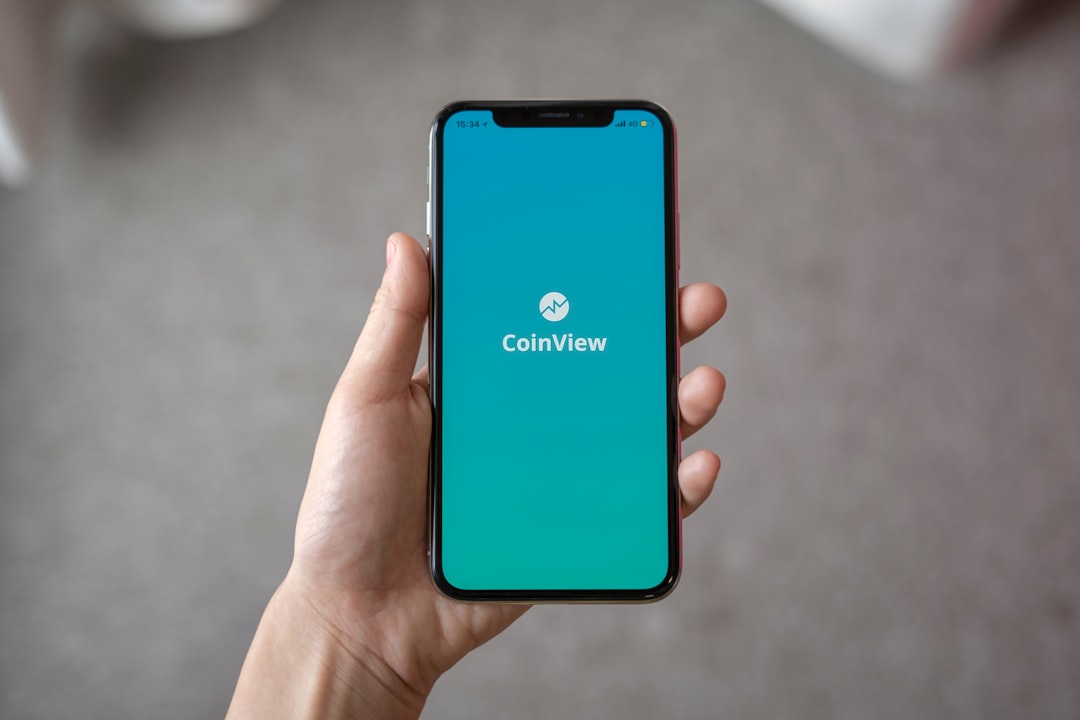Georgia's Do Not Call Laws protect residents from intrusive telemarketing calls by enabling them to register their phone numbers on a state list. These laws restrict businesses from contacting individuals during personal time and prohibit automated messages without consent. Violations carry penalties of up to $15,000 per call, enforced by agencies like the Georgia Attorney General's Office. Exemptions exist for charitable and political organizations under specific conditions.
In Georgia, understanding telemarketing restrictions is crucial for both businesses and consumers. This article delves into the state’s stringent Do Not Call laws, highlighting who they protect and what types of calls are prohibited. We explore exemptions, business practices, penalties, and enforcement mechanisms, providing a comprehensive guide to navigating these regulations. By familiarizing yourself with Georgia’s telemarketing restrictions, you can ensure compliance and foster positive consumer interactions.
Do Not Call Laws: Georgia's Protection

Georgia residents are protected from intrusive telemarketing calls by state laws known as “Do Not Call” regulations. These laws empower Georgians to take control of their phone lines, ensuring a quieter and more peaceful environment. Under Georgia’s Do Not Call Laws, businesses are prohibited from making telemarketing calls to individuals who have registered their numbers on the state’s official Do Not Call list. This list is a powerful tool for consumers to block unwanted calls, providing much-needed respite from persistent sales pitches.
By adhering to these restrictions, telemarketers respect the privacy and choices of Georgia citizens. These laws not only safeguard residents from annoying phone solicitation but also foster a sense of security and autonomy. Consumers can now enjoy their personal time without constant interruptions, knowing that their wishes to be left alone are respected by both businesses and regulatory bodies alike.
Who Is Covered by These Restrictions?

In Georgia, the restrictions on telemarketing practices are primarily governed by the state’s Do Not Call Laws. These laws protect consumers from unwanted sales calls and aim to maintain a reasonable balance between businesses’ marketing efforts and individuals’ privacy rights. The regulations apply to a wide range of entities involved in telemarketing activities, including telephone soliciters, call centers, and any business or individual using automated dialing systems or prerecorded messages for promotional purposes.
The Do Not Call Laws in Georgia specifically target businesses that engage in interstate or foreign commerce, ensuring that consumers have control over their contact information. This means that if a consumer registers their phone number on the state’s Do Not Call list, they can expect significantly fewer marketing calls, thus providing them with some respite from persistent sales efforts.
What Types of Calls Are Prohibited?

Under Georgia’s Do Not Call laws, certain types of phone calls are strictly prohibited, offering residents a respite from unwanted marketing efforts. These restrictions aim to protect consumers from intrusive sales or solicitation calls, especially during personal time.
The prohibitions include calls made to individuals who have registered their numbers on the state’s Do Not Call list, as well as calls placed between the hours of 9 p.m. and 8 a.m., commonly known as the “nightly quiet” period. Additionally, telemarketers are barred from making calls using automated dialing systems or prerecorded messages without prior consent, ensuring that consumers’ privacy is respected.
Exemptions and Business Practices

In Georgia, telemarketing activities are subject to specific regulations, including Do Not Call Laws, designed to protect consumers from unwanted sales calls. Despite these restrictions, certain exemptions allow businesses to engage in telemarketing while adhering to legal boundaries. For instance, calls made for charitable purposes or by political organizations are often exempt from strict Do Not Call Laws. Additionally, businesses may contact individuals who have not opted out of receiving marketing messages under specific circumstances.
Exemptions aside, Georgia’s telemarketing laws encourage ethical business practices. Companies must obtain prior consent before initiating calls and provide a clear opt-out mechanism during each communication. This ensures that consumers retain control over their privacy and can easily stop receiving calls if desired. Adhering to these guidelines fosters trust between businesses and customers, promoting a balanced and respectful telemarketing environment in Georgia.
Penalties and Enforcement of Telemarketing Rules

Telemarketing restrictions in Georgia are enforced through a combination of state and federal laws, with penalties for non-compliance. The Georgia Do Not Call Laws aim to protect consumers from unwanted sales calls by regulating telemarketers’ activities. Violations can result in significant fines, ranging from $500 to $15,000 per call, depending on the severity and intent of the infraction.
Enforcement agencies, such as the Georgia Attorney General’s Office, play a crucial role in monitoring compliance. They have the authority to investigate complaints, issue citations, and take legal action against telemarketers who disregard the Do Not Call Laws. Consumers can also play an active role by reporting violations and aiding in enforcement efforts. This collaborative approach ensures that telemarketing practices remain within legal boundaries, providing relief to Georgia residents from intrusive sales calls.






